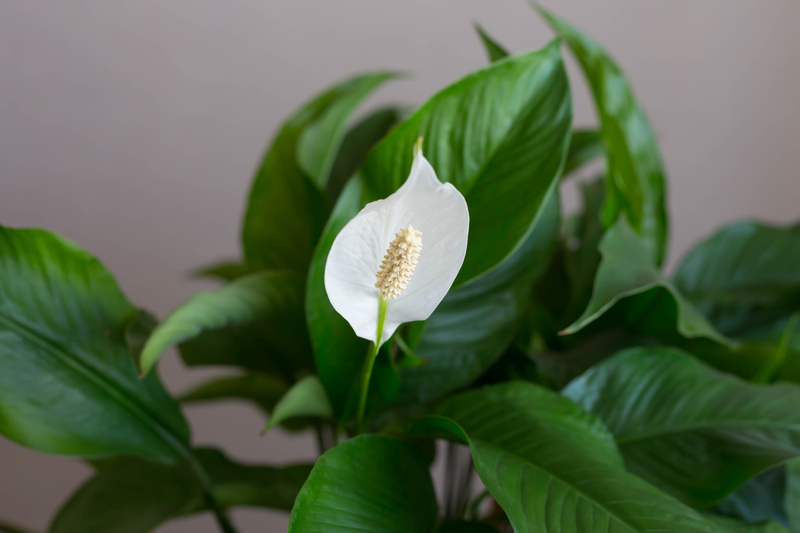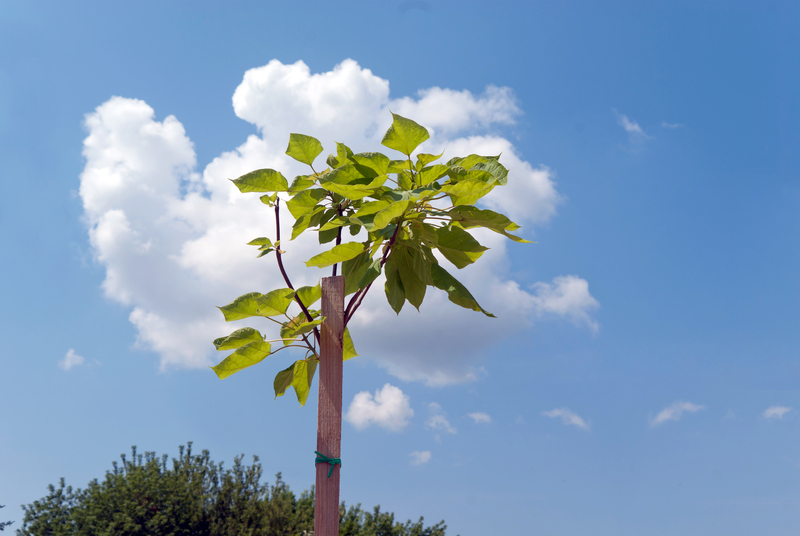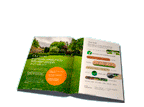Enhancing Your Garden for Birds
Posted on 29/06/2025
Creating a bird-friendly garden is a delightful endeavor that rewards you with the cheerful sights and sounds of various bird species. Not only does it enhance your garden's beauty, but it also supports biodiversity and helps maintain a balanced ecosystem. In this comprehensive guide, we will explore the various ways to enhance your garden for birds, along with some useful tips and the pros and cons.
Choosing the Right Plants
One of the most crucial steps in making your garden bird-friendly is selecting the appropriate plants. Native plants are usually the best choice as they are well-adapted to the local climate and soil, offering birds familiar food sources and habitats. For example, berry-producing shrubs like holly, elderberry, and serviceberry provide nourishment, while trees like oak and maple offer shelter and nesting sites.

Providing Food and Water
Installing bird feeders is an effective way to attract birds to your garden. Different bird species prefer different types of food, so consider a variety of feeders such as tube feeders, platform feeders, and suet feeders. Additionally, provide a constant supply of fresh water with a birdbath. Ensure to clean both the feeders and birdbath regularly to prevent diseases.
Creating Shelter
Birds need safe places to rest and nest. Planting dense shrubs or trees offers natural cover from predators. You can also install birdhouses to give them a secure place to raise their young. Ensure the birdhouses are made of non-toxic materials and are cleaned out annually to prevent disease buildup.
Minimizing Pesticide Use
Using pesticides and herbicides can harm birds directly and reduce their food sources by killing insects and plants. Opt for organic and eco-friendly pest control measures. Encouraging natural predators such as ladybugs and predatory beetles can help manage pests without resorting to chemicals.
Providing Nesting Materials
Nesting birds require materials like leaves, twigs, grass, and even pet fur to build their nests. You can offer these by leaving small piles of natural debris in your garden. Avoid using plastics or synthetic materials as these can be harmful to birds.
Seasonal Considerations
Different birds visit gardens in different seasons. Adjust your gardening strategies accordingly to support their needs throughout the year. In winter, offer high-fat foods like suet to help birds maintain body heat. In spring, provide seeds and nesting materials, while in summer, maintain water sources as they may dry out quickly.
Pros and Cons of Enhancing Your Garden for Birds
Every endeavor has its advantages and drawbacks, and creating a bird-friendly garden is no exception.
Pros
- Increased biodiversity and ecological balance.
- Natural pest control as birds feed on insects.
- Improved mental well-being from bird watching.
- Aesthetic enhancement of your garden.
Cons
- Potential for bird droppings, which may require more frequent cleaning.
- Need for regular maintenance of feeders and birdbaths.
- Possibility of attracting predators like cats.
- Initial cost of setting up bird-friendly features.
Tips for a Bird-Friendly Garden
- Plant in layers: Use ground cover, shrubs, and trees to create multiple habitat levels.
- Avoid using bright lights at night, which can disorient birds.
- Keep cats indoors to protect the birds.
- Participate in citizen science projects to track bird populations and health.
- Rotate feeder types and food offerings to attract different bird species.

Key Takeaways
Enhancing your garden for birds involves thoughtful planning and consistent care. By choosing native plants, providing food and water, creating shelter, and minimizing pesticide use, you can create a haven for birds. Additionally, be mindful of the pros and cons and follow practical tips to ensure a mutually beneficial environment for you and the birds.
Conclusion
Creating a bird-friendly garden not only enhances your outdoor space but also contributes to conserving bird populations and supporting biodiversity. By taking straightforward steps to provide food, water, shelter, and nesting materials, you can turn your garden into a sanctuary that attracts a variety of beautiful bird species. Though it requires some effort and maintenance, the rewards far outweigh the challenges, offering you a deeper connection with nature and endless opportunities for enjoyment and relaxation.
Latest Posts
Easy Ways to Freshen Up Your Patio and Paving for Summer
Unique Autumn Garden Inspiration: Planting with the Season in Mind
Quick and Effective Ways to Sharpen Your Garden Shears at Home
Easy Ways to Keep Your Artificial Turf Looking Brand New
Elevate Tranquility With These Zen Garden Planting Inspirations






 Certified and experienced landscapers
Certified and experienced landscapers



 Get a Quote
Get a Quote